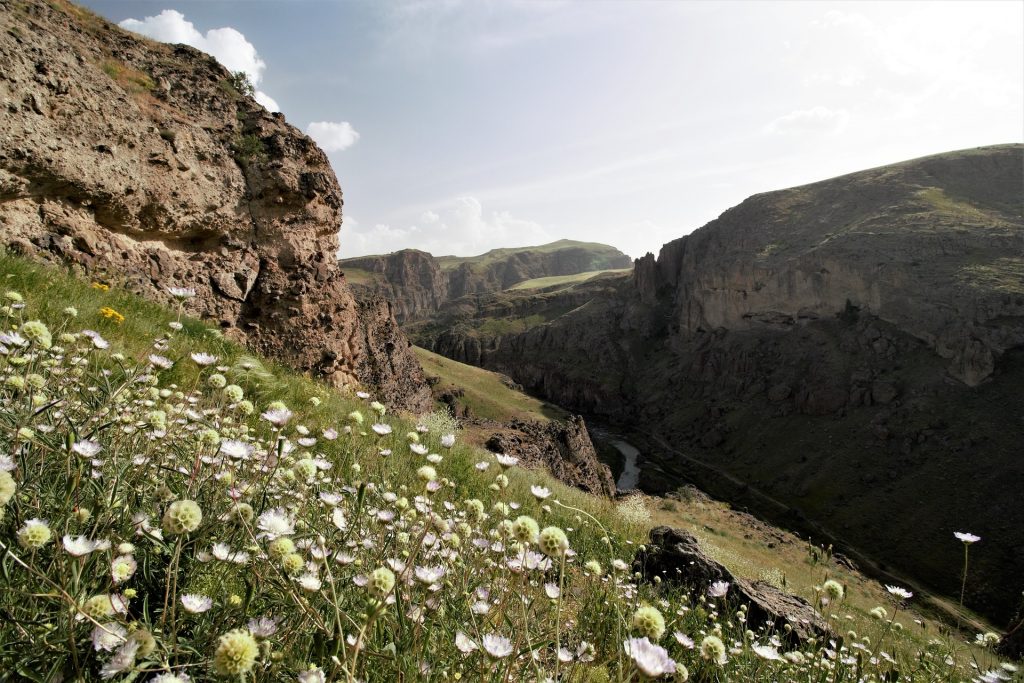Eastern Europe has some wonderful landscapes and people – here are ten cultural facts taken straight from our CultureSmart! Guides on Eastern Europe.

Armenia
1.
‘Names beginning with a first name and ending with –ian or –yan are indications of the father’s first name. Diasporans tend to use –ian, while Armenians use –yan. For example, Davidian is the son of David, and Krikorian is the son of Krikor or Gregor. Typically, first names were taken from the bible, so many last names have a religious origin.’
Continue reading →